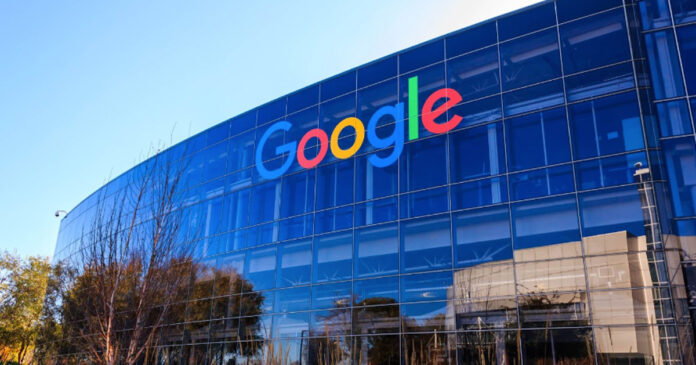Google struck a deal with the Canadian government last year that will see the company give $100 million to Canadian media organizations in response to the Online News Act. One expert said the amount is “far less than meets the eye.”
Trudeau’s Heritage Minister Pascale St-Onge called the deal a “historic development,” and insisted that the government made “absolutely no concessions” when dealing with Google.
Michael Geist, professor and Canada Research Chair in Internet and eCommerce Law at Ottawa University, disagrees. Geist has criticized the Online News Act since it was first introduced as Bill C-18.
“I think the government was left trying to come up with some way to salvage this deal,” he said, “so they struck a deal that contradicts much of what the government had said it was intending to do with this legislation.”
Google now only has to negotiate with one representative for the collective of journalist organizations in Canada instead of the original plan of Bill C-18, which was for the company to enter into organizations with each news site.
Google also was exempted from the Final Offer Arbitration System which was described as a key component of the Online News Act, which Geist said was in and of itself noteworthy.
“The fact that they created a carve-out for Google is a big change. The fact that they arrived at a final number, a number that is far below what they previously estimated this bill was going to generate, is a big change,” Geist said.
Despite the deal Geist still thinks “the whole thing is pretty concerning.” He said, “the government dug a hole for itself with this legislation.”
The group who will act as negotiators and administrators of the $100 million media fund has yet to be determined.
“There will be a certain percentage (of the media fund) that can be allocated towards administration costs. The expectation is about 5% of that will go towards admin, about $5 million,” he said.
Once a group emerges to oversee this process and be the group negotiating with Google, various Canadian media companies will go to them to get their share of the fund.
Geist said News Media Canada and the Canadian Association of Broadcasters representing print and broadcast media are likely players.
“With $5 million in admin fees available or roughly, it may be attractive for different players to try to position themselves as the entity that runs this,” he said.
The status of Meta, the parent company of Facebook, is less clear. Meta blocked Canadian news in response to the bill at the beginning of August. In some cases, local media companies saw a 25% decline in viewers in the months that followed.
“You have to account both for the lost revenue from Meta, which, based on its public statements, probably runs in the range of $20 million for the deals that they previously had that are now lost, plus the lost value of all the links, which is clearly worth millions of dollars as well,” Geist said.
Google also had deals with many Canadian news outlets that Geist estimates to be from $40 to $50 million. These won’t be added to the $100 million deal.
Accounting for the revenue lost from previous Meta and Google deals, administration costs for the group running the negotiations, and what was lost from potential links from Meta, Geist said the approach was ultimately not the right one.
“I think that it represents some amount of new money, but by and large, for many outlets, they will get less than they got before. Some others will get nothing at all,” he said. “I don’t think it’s a success in that regard, and there were better options that were available.”
True North reached out to Kevin Desjardins, president of the Canadian Association of Broadcasters, but he did not respond by the time of publication.















